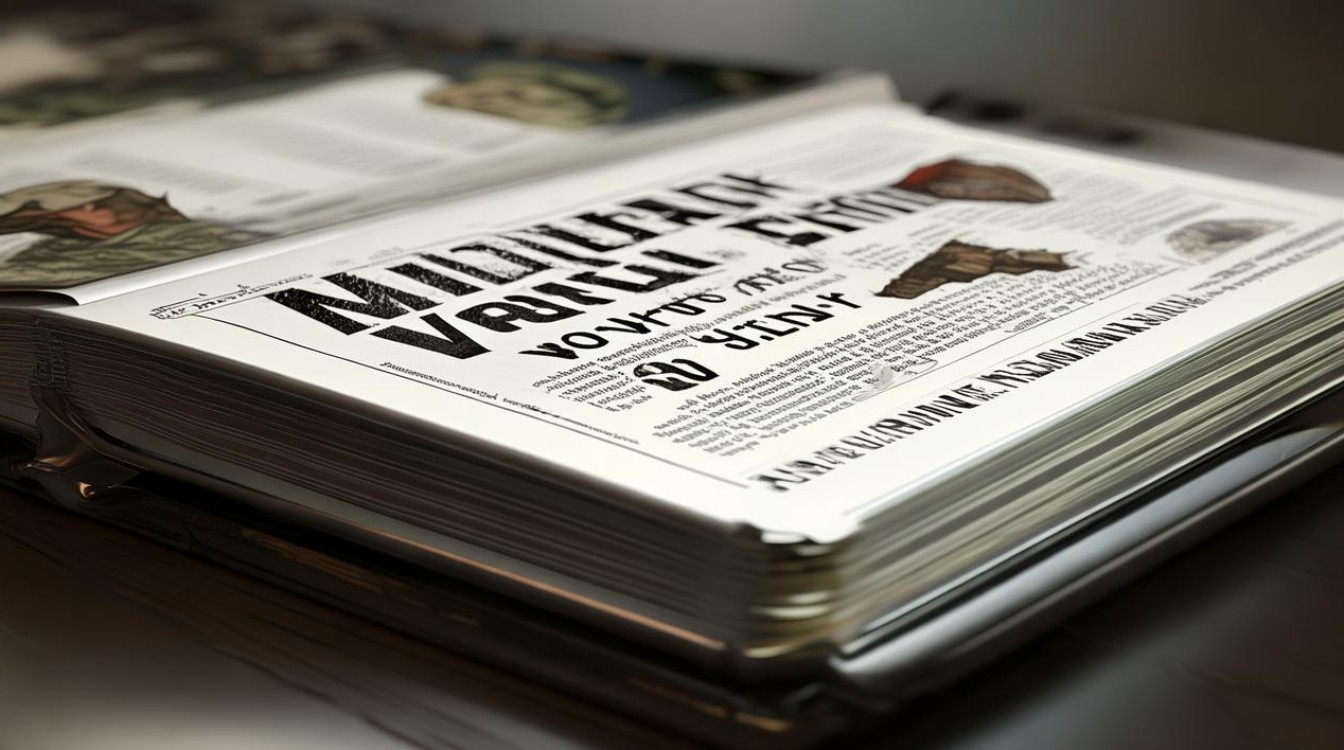Military terminology plays a crucial role in communication, whether for professionals, language learners, or enthusiasts. Understanding these terms in English can enhance clarity and precision. Below is a comprehensive guide to essential military-related words and phrases, organized for easy reference.

Basic Military Ranks
Military ranks vary across countries, but many share similarities. Here are common terms in English:
-
Officer Ranks
- General (上将)
- Colonel (上校)
- Major (少校)
- Captain (上尉)
- Lieutenant (中尉/少尉)
-
Enlisted Ranks
- Sergeant (中士)
- Corporal (下士)
- Private (列兵)
These terms are foundational for understanding hierarchy and command structures.
Common Military Equipment
From weapons to vehicles, military gear has specific names:
-
Firearms

- Rifle (步枪)
- Pistol (手枪)
- Machine gun (机枪)
-
Vehicles
- Tank (坦克)
- Armored vehicle (装甲车)
- Helicopter (直升机)
-
Protective Gear
- Helmet (头盔)
- Bulletproof vest (防弹衣)
Knowing these terms aids in discussions about military operations or history.
Tactical and Operational Terms
Military strategies rely on precise language:
- Deployment (部署): Moving troops to a specific location.
- Reconnaissance (侦察): Gathering information about enemy forces.
- Ambush (伏击): A surprise attack.
- Ceasefire (停火): A temporary halt in fighting.
These words are vital for understanding reports or analyses of conflicts.
Military Branches
Different branches serve distinct roles:

- Army (陆军): Ground forces.
- Navy (海军): Maritime operations.
- Air Force (空军): Aerial warfare.
- Marines (海军陆战队): Specialized amphibious units.
Recognizing these divisions helps clarify discussions about military operations.
Phrases for Communication
Clear communication is critical in military settings:
- "Copy that" (收到): Acknowledging a message.
- "Roger" (明白): Confirming understanding.
- "Over" (完毕): Signaling the end of a transmission.
These phrases ensure efficient and error-free exchanges.
Historical and Cultural Context
Military terms often reflect history. For example:
- "D-Day" (诺曼底登陆日): Refers to the Allied invasion of Normandy in WWII.
- "Boot camp" (新兵训练营): Initial training for recruits.
Understanding such terms enriches discussions about military history.
Slang and Informal Terms
Soldiers frequently use slang:

- "Grunt" (步兵): Informal term for an infantry soldier.
- "FUBAR" (搞砸了): Acronym meaning "Fouled Up Beyond All Recognition."
While informal, these terms appear in veterans' stories or media portrayals.
Learning Resources
To master military vocabulary:
- Watch documentaries with English subtitles.
- Read military history books or articles.
- Use flashcards for memorization.
Consistent practice improves fluency.
Military English is a specialized but accessible field. Whether for professional growth or personal interest, mastering these terms enhances understanding of global defense systems. The key is to study systematically and apply the vocabulary in context.

